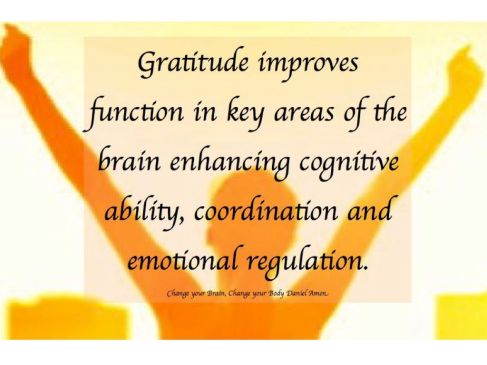Now I know I am a doctor and I would say this, but Health is Your Greatest Wealth!
When you have good health you have energy, vitality and zest for life. With good health it is easier to have wellbeing in the other areas of your life such as career, finances and personal growth.
The absence of health is disease, discomfort, pain and suffering. In this state it is so much harder to have wellbeing in other areas of your life. And of course, the absence of health in the extreme is death: the absence of life.
We all have a responsibility to ourselves and our family to take our health seriously. To value it, cherish it and work hard to protect it.
A simple way to look at health is like your finances. You have health liabilities and health assets.
Simply put the way to increase your health is to increase your health assets and decrease your health liabilities.
Increase your health assets
- Genetics (while you can’t change your genes but you can do things to stop certain genes being triggered)
- Nutritious diet
- Positive thinking
- Self-regulation (learning to control certain body and brain functions)
- Exercise
- Sleep
- Healthy habits
- Positive relationships
Decrease your health liabilities
Known in the medical field as risk factors! There are some health liabilities that you can’t do much about like genetic risk factors or being born with an inoperable physical deformity. However one risk factor does not define your outcome.
Health liabilities include:
- Dehydration
- Lack of Exercise
- Unhealthy habits
- Not seeking medical advice for health problems
- Contact or ingestion of poisons (such as smoking) or unhealthy food products
- Physical harm
- Emotional harm including stress
- Extremes of weight
- Poor hygiene such as oral and skin
For more advice on protecting your greatest asset: your health visit…
www.positivehealthandwellbeing.com
or email drleonaura@positivehealthandwellbeing.com


